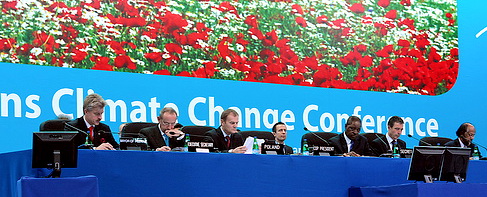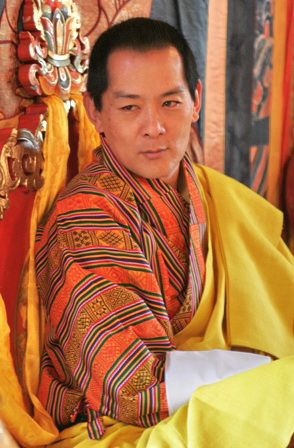In a recent conversation with a long time healthcare CEO, he made the following observation:
“There are about 2,750 pages to Obamacare. I have no idea what the implications are of the first 2,700 pages, but I do know that at least 50 pages allude to the fact that $500B will be cut from hospital reimbursements in order to support the new legislation, and it’s also clear that these monies will be cut based upon quality. Pay-for-performance will be the new catch phrase of the reimbursement world, and our peers are not ready for this stark reality.”
How does one move from a non-transparent system to one that allows anyone to log onto healthcare websites and search every detail relating to the success rates, scores, and capabilities of any given institution? One very obvious “missing element” in hospital-related problems is the lack of dedication to getting to the “root cause” of most issues. We are great at work arounds, but rarely take the time, energy, and have the cultural commitment to dig deeply enough to literally stop the root cause of the problem. Is that why there are a reported 98,000 people killed by our facilities, and about an equal number injured each year?
Several organizations have attempted to take on these issues, but few have gone beyond scratching the surface of the real problems. As bundled payments become the norm, a commitment to getting the highest available reimbursement for procedures will take on a new meaning. Imagine a great doctor in an under-performing medical center where his or her work is not rewarded equally to a peer in a stronger hospital, because that bundled reimbursement was lowered due to institutional medical imperfections. Charles Kenney in The Best Practice, and Steven Spear in The High-Velocity Edge have both addressed some of the nuances of this new culture, this new world order, but for hospital administrators, physicians, and staff to “get their arms around it,” there will need to be transformational shifts in the fundamental culture of the organization.
Leadership will be forced to accept personal responsibility for virtually everything that occurs in an organization. Employees will need to be empowered to embrace shared values, and key targets such as patient and employee safety will need to be identified so that goals can be set that stop nothing short of a level of complete PERFECTION.
The healthcare establishment will also need to embrace transparency within their organizations, and that information must be shared with everyone. Most importantly, it must include the human element. What is the human impact of each and every error or mistake? This point alone will represent a major cultural shift in the way we do business.
Employees, physicians, and administrators will need to actually be taught to see risk, and be provided with data upon which actions may be taken. Most importantly, however, problem solving must be encouraged and supported at every level of the organization.
How is this all possible? I was recently on a speaking tour to several hospitals, and the bottom line at these facilities was that their leadership was “new age.” They had worked diligently to decrease the hierarchy and to reduce and reorganize the roles of those in operations in order to support the fastest possible improvements.
The tsunami is coming, however slowly it may appear to be; it is approaching our healthcare shores, and quality – no, perfection, is the only means left for achieving success or, in many cases, is the only way to survive. We must discipline ourselves to see problems and not simply try to work around them. We must establish a problem solving culture. We must set our goals and empower all of the players to do what is needed to solve these problems once and forever. Harry Truman’s phrase, “The Buck Stops Here,” should become every CEO’s mantra, and the journey will finally begin, the journey to solve the myriad repeating problems in our current system.










